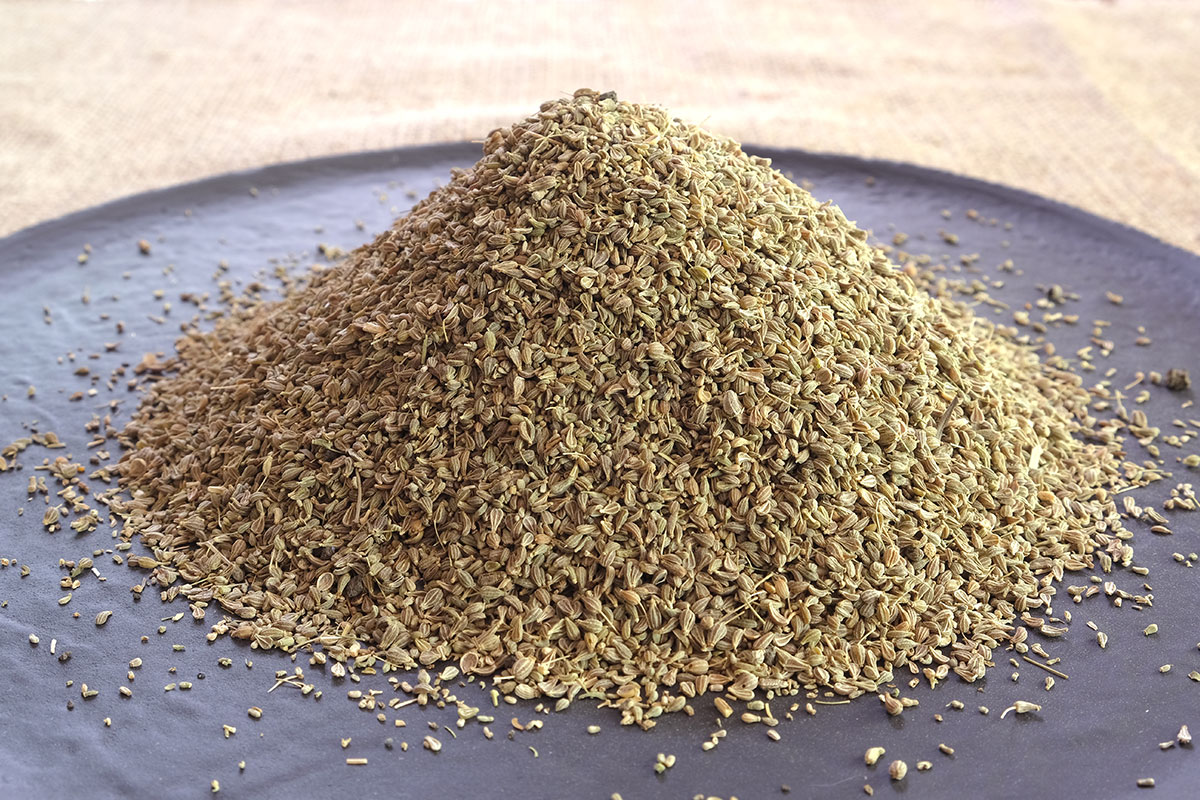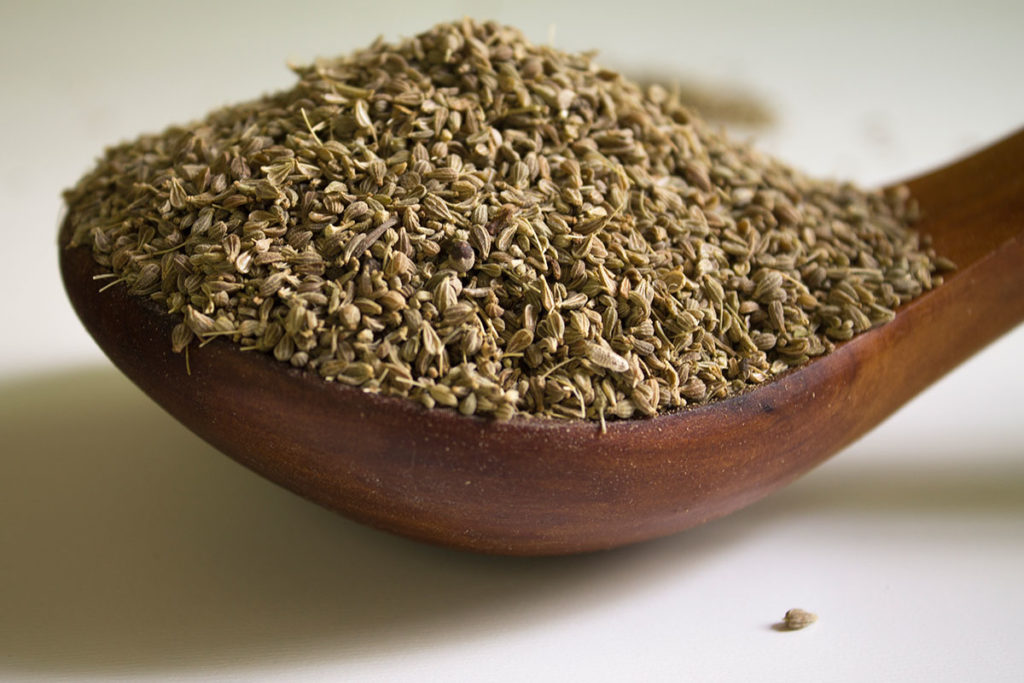Anise: A Traditional Spice with Deep Roots in Turkish Agriculture
Anise is a distinctive aromatic spice that has been cherished for centuries for its sweet, licorice-like aroma and flavor. Known for its traditional use in food, beverages, and craft-based industries, anise holds a special place in the cultural and agricultural heritage of many Mediterranean countries. Among these, Turkey stands out as a significant producer of high-quality anise, cultivating the plant across its diverse climatic zones, especially in the western and southern regions.
The cultivation of anise in Turkey is deeply tied to the rhythm of rural life. It is grown in sun-drenched fields with well-drained soil, particularly in regions such as Burdur, Denizli, and Isparta. These areas benefit from favorable weather conditions and centuries-old farming knowledge that supports robust growth and consistent yields. Turkish farmers plant anise in the spring and harvest the seeds by late summer, ensuring they mature under optimal sunlight and soil conditions.
What distinguishes Turkish anise is its strong, pure aroma and consistent quality. The seed pods are carefully harvested and dried, often using traditional air-drying methods. These age-old practices contribute to the seed’s rich color, shape, and scent, making it a popular ingredient in culinary recipes and traditional crafts. In Turkish cuisine, anise is often used in pastries, breads, and flavoring beverages, giving these products a unique regional signature.
The economic value of anise cultivation in Turkey is especially important to rural agricultural communities. Small and medium-sized farms rely on this crop not only for local trade but also for export to international markets. Turkey exports anise to various countries where demand continues to rise due to its aromatic qualities and traditional importance in both Eastern and Western culinary traditions.
Anise’s role extends beyond just flavor. It is also widely used in the production of traditional alcoholic and non-alcoholic drinks. The spice’s distinctive scent makes it suitable for use in a variety of beverages, both in Turkey and abroad. Additionally, its appealing fragrance lends itself well to artisanal soap, natural perfumes, and spice blends produced by small Turkish businesses that value local ingredients and handmade processes.
Culturally, anise has been a part of Turkish life for generations. Farmers and artisans across Anatolia often pass down knowledge of how to plant, harvest, and process the seeds. These traditions not only help preserve the quality of the spice but also connect people to their agricultural heritage. Local markets and festivals often feature anise prominently, celebrating its role in both everyday and ceremonial practices.
The rise of natural and locally sourced ingredients on the global stage has only increased interest in Turkish anise. Buyers and manufacturers seek products that reflect a sense of place and tradition, making Turkey’s anise a sought-after commodity. The transparency of sourcing, combined with the careful cultivation practices employed by Turkish farmers, positions Turkish anise as a premium product in global spice markets.
Environmental sustainability is another important aspect of anise farming in Turkey. Many producers rely on traditional farming methods that minimize the use of synthetic materials and emphasize natural soil health. Water usage is carefully managed, and crop rotation is often practiced to maintain the vitality of the land. These practices help ensure that anise cultivation remains a viable and environmentally responsible agricultural activity.
In recent years, Turkish research institutions and agricultural cooperatives have worked to improve seed varieties and farming techniques while preserving traditional knowledge. This balance between innovation and heritage helps strengthen the future of anise farming and supports the livelihoods of the people who rely on it.
In conclusion, anise is more than just a spice—it is a symbol of Turkey’s rich agricultural and cultural landscape. Grown with care, harvested with tradition, and used in diverse ways, Turkish anise continues to hold a prominent place in both domestic and international markets. From the sunlit fields of Anatolia to tables around the world, it carries with it the story of the land and the people who cultivate it.
Product Information
Crop: Cultivated
Parts used: Seeds
Quality: Cleaned, 100% pure and natural.
Available as: Whole or Powder
Industry used: Food, Dietary/Nutritional Supplement, Phytotherapy and Feed industries.
Packaging: Kraft paper bags, PP bags and PE bags in various sizes
Country of origin: TÜRKİYE



